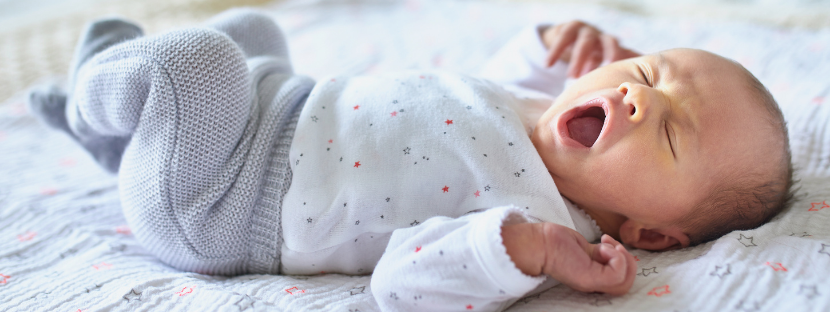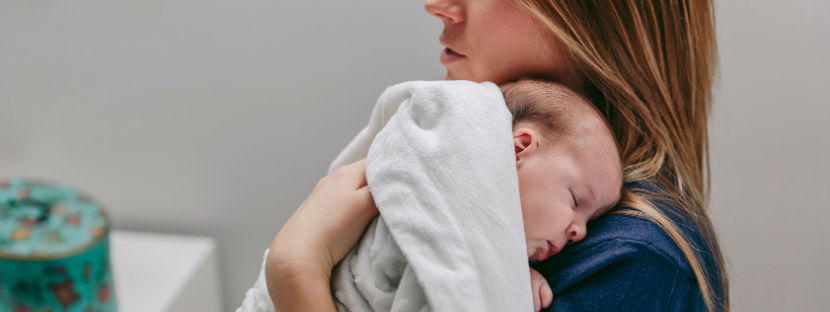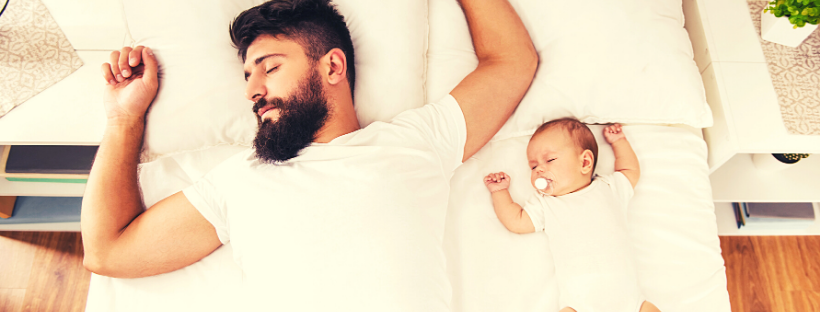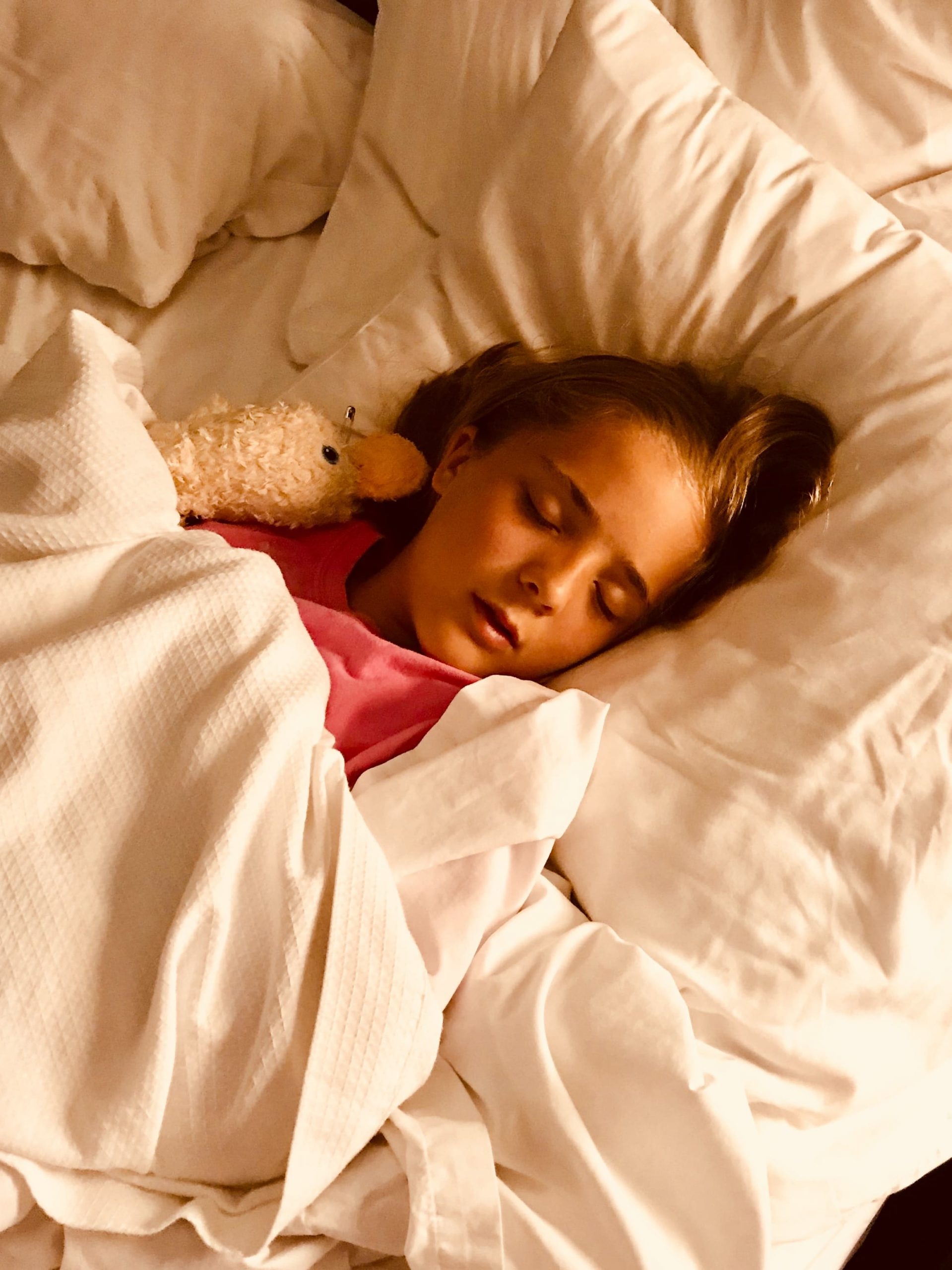
Baby Sleep and the Seasons: How sleep changes with shorter days
2020 has had its fair share of shakeups (to say the least). Now that we’re settling into winter, there may be another […]

6 Reasons Your Family Needs a Sleep Coach
A sleepless baby can lead to sleepless nights for the entire family. But instead of feeling discouraged, you can feel empowered, educated, […]

Identifying Your Baby’s Sleep Style
Navigating newborns and infants are challenging for any parent. But identifying their sleep style or patterns can be even tougher, especially when […]

5 Bedtime Routine Mistakes to Avoid
Bedtime routines are crucial for a good night’s sleep for everyone — babies, toddlers, and parents. But if your little ones are […]

Tips for managing sleep schedules when homeschooling
With coronavirus cases still on the rise in parts of the U.S. (as of August 2020), many schools are opting to continue […]

Sleep Regression
What is a sleep regression? The four-month sleep regression is real but how can you sleep train through it.
RuTOR крупнейший Darknet ресурс на теневом рынке с развитым комьюнити!
ome kids have persistent nightmares, trouble sleeping, or behavioral problems that affect their quality of sleep. That’s why it’s important to make your child’s bedroom a positive place so they can get the best sleep possible. We have tips to help your child embrace their bedroom!

Baby Created Sleep Plan – Creating Sweet Dreams
– Creating Sweet Dreams by Rachelle Gershkovich “Using a gentle, baby created approach, our baby sleep training plans are holistic and nutrition-based. […]